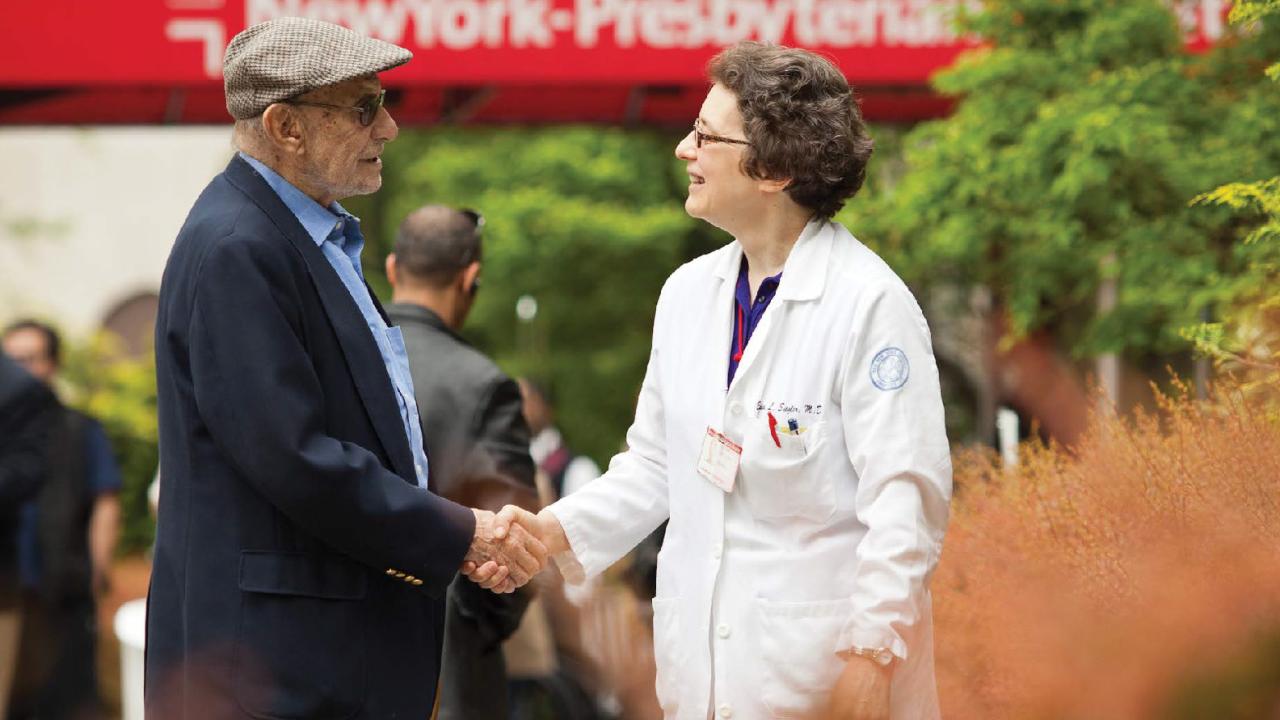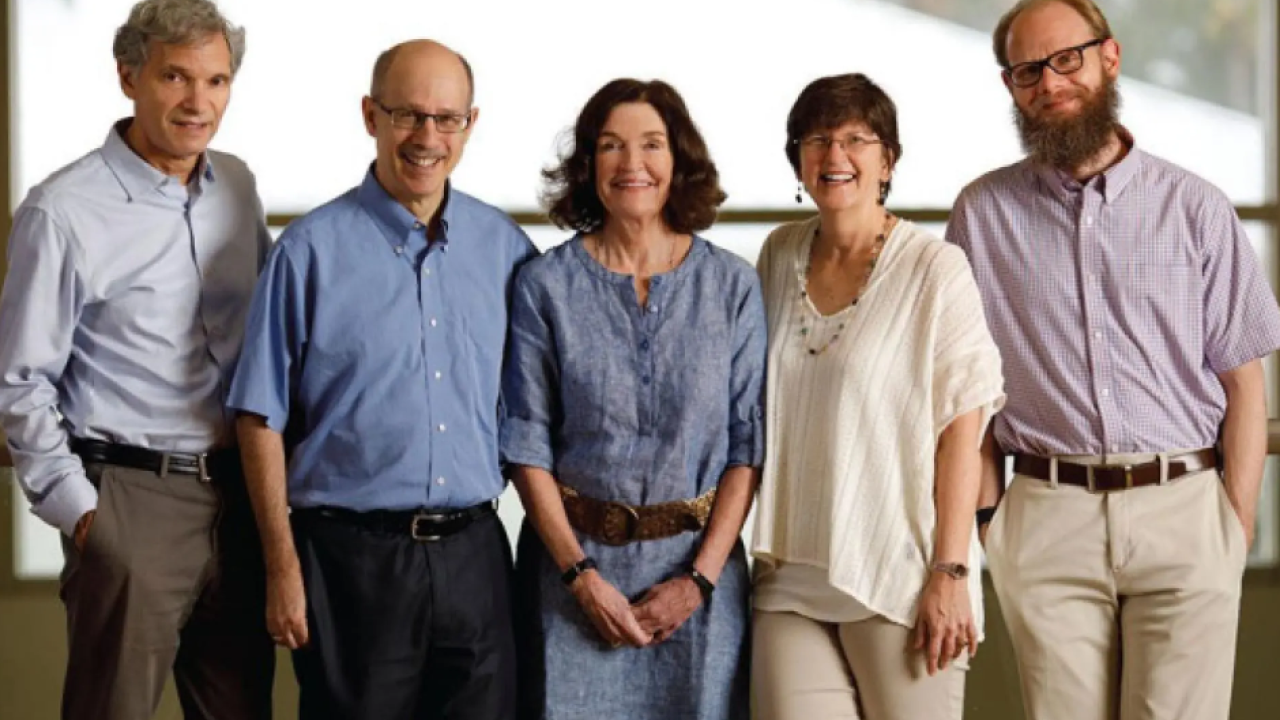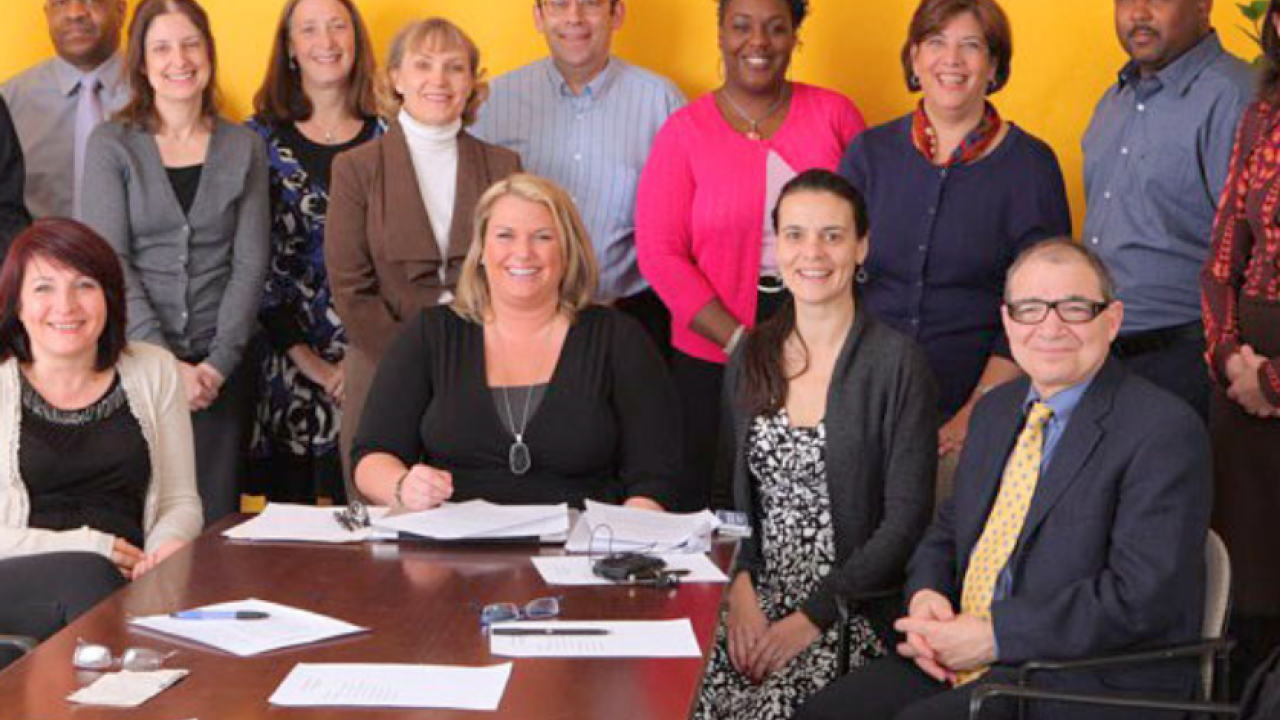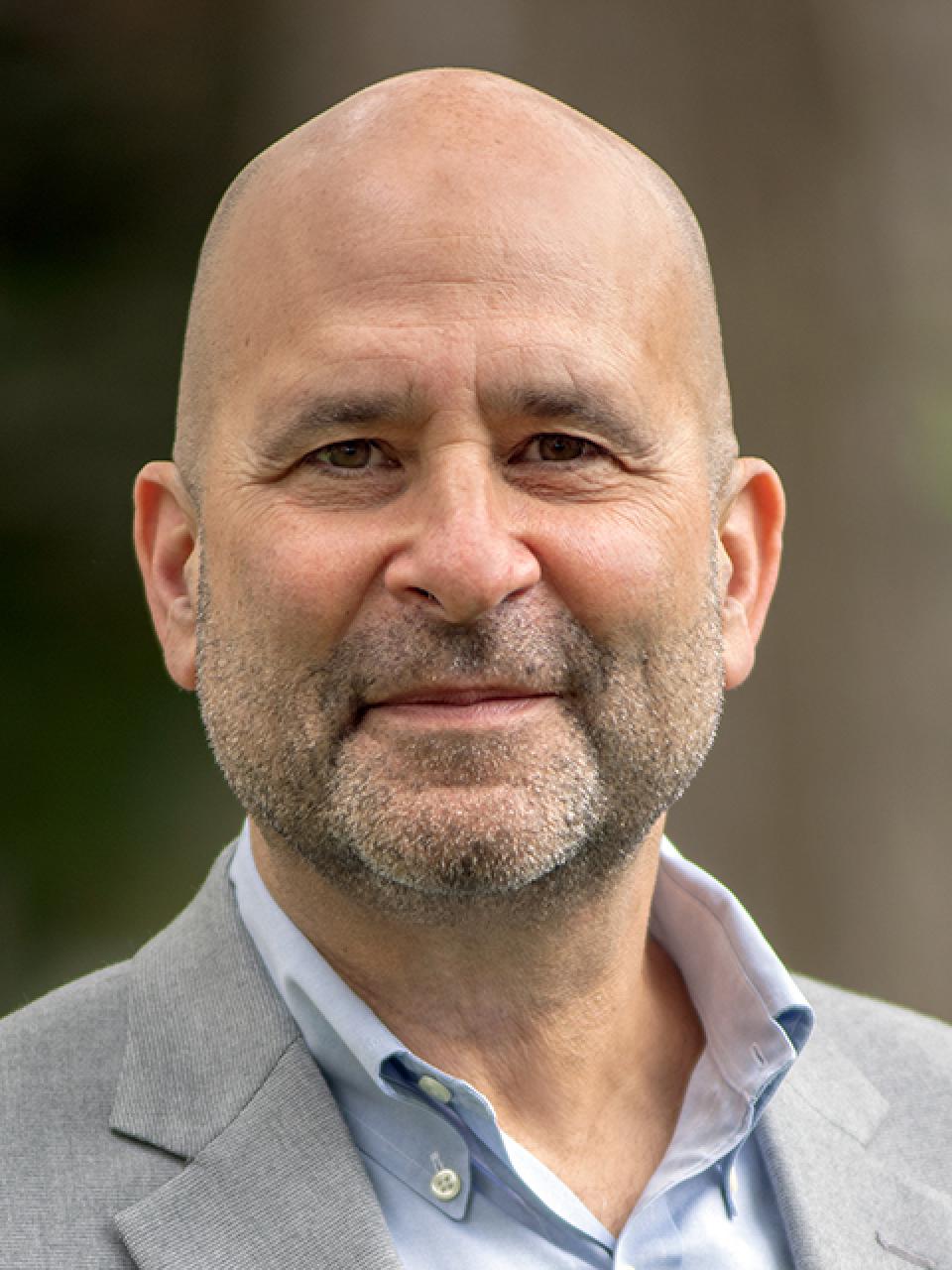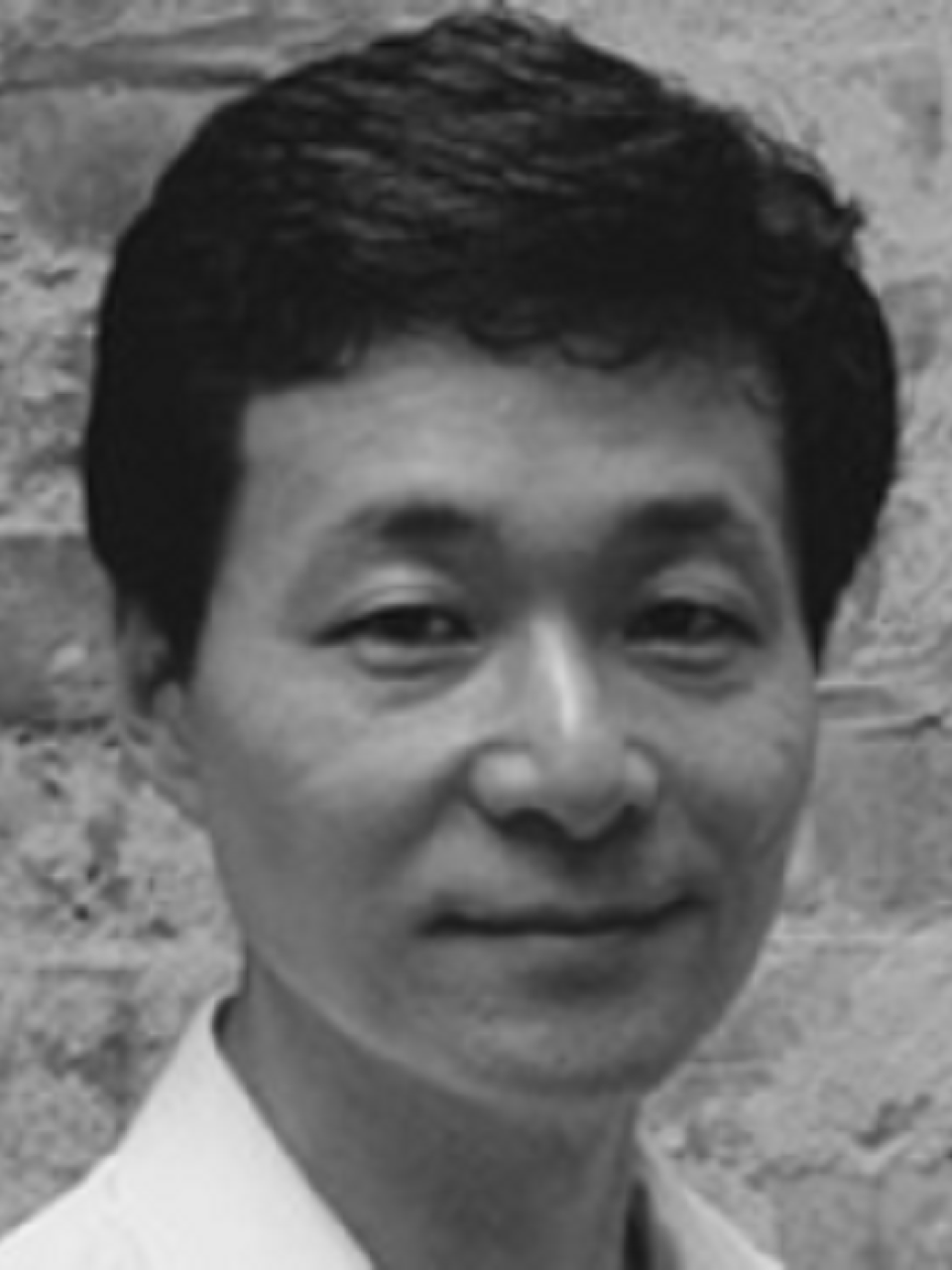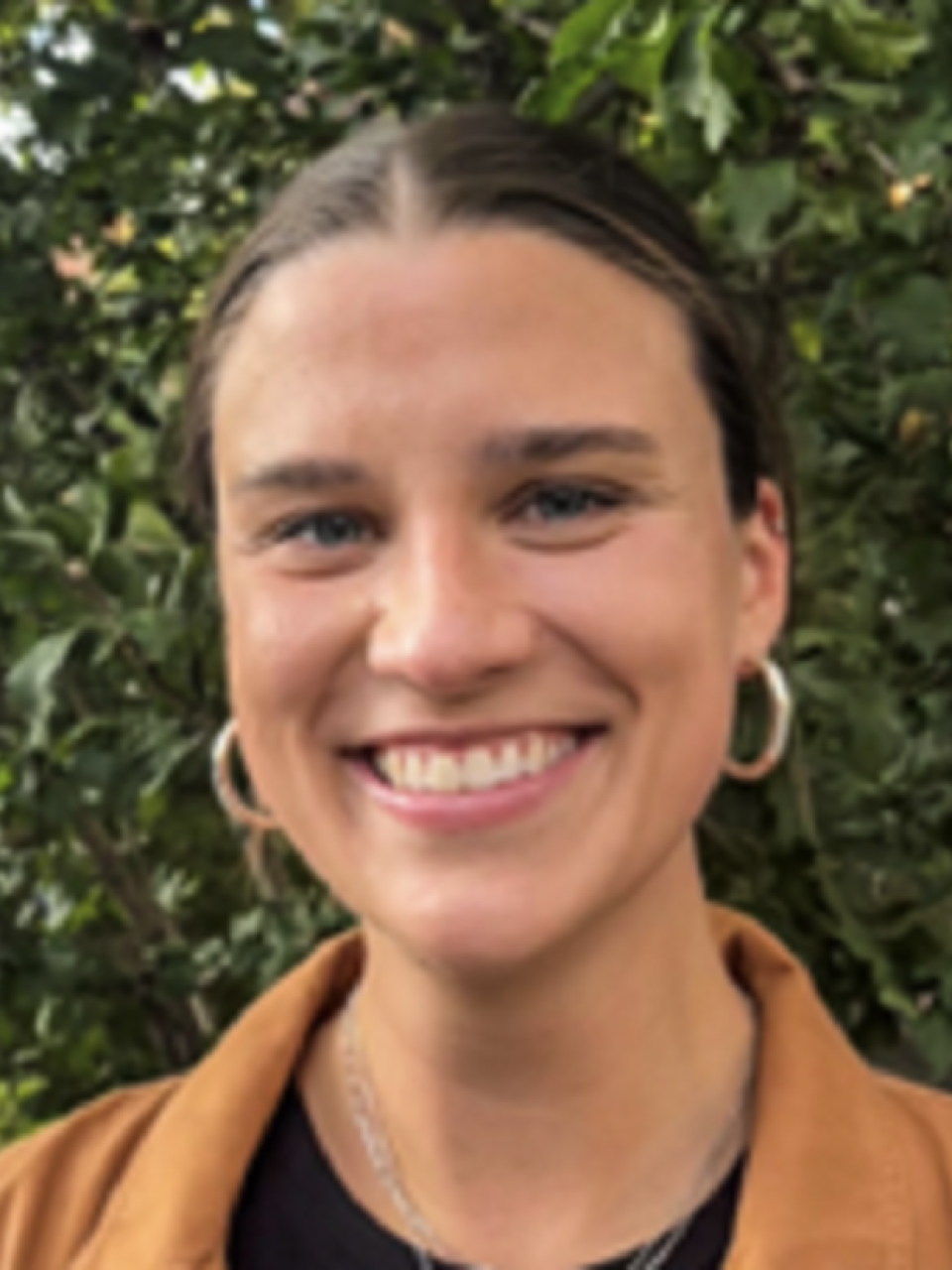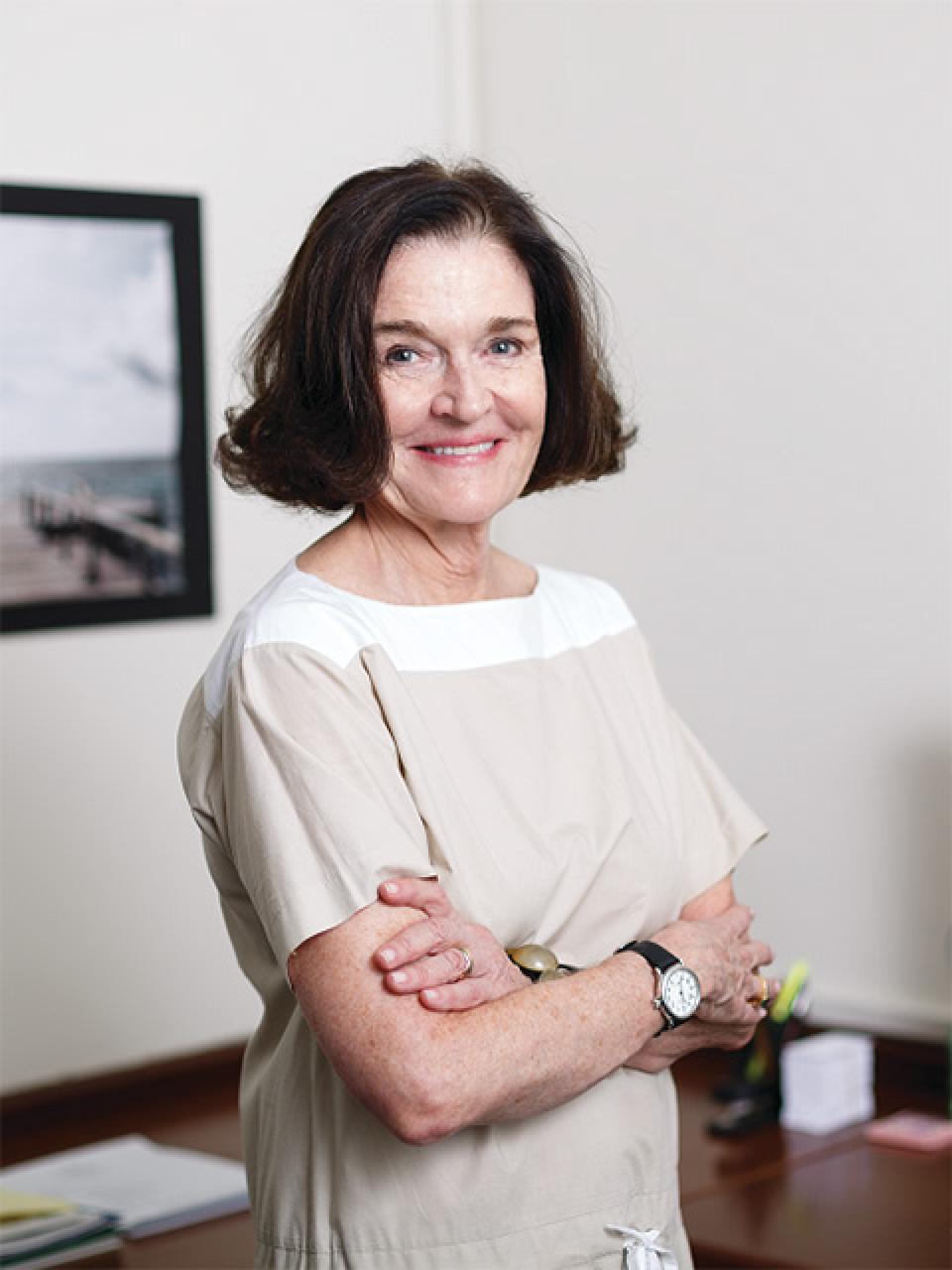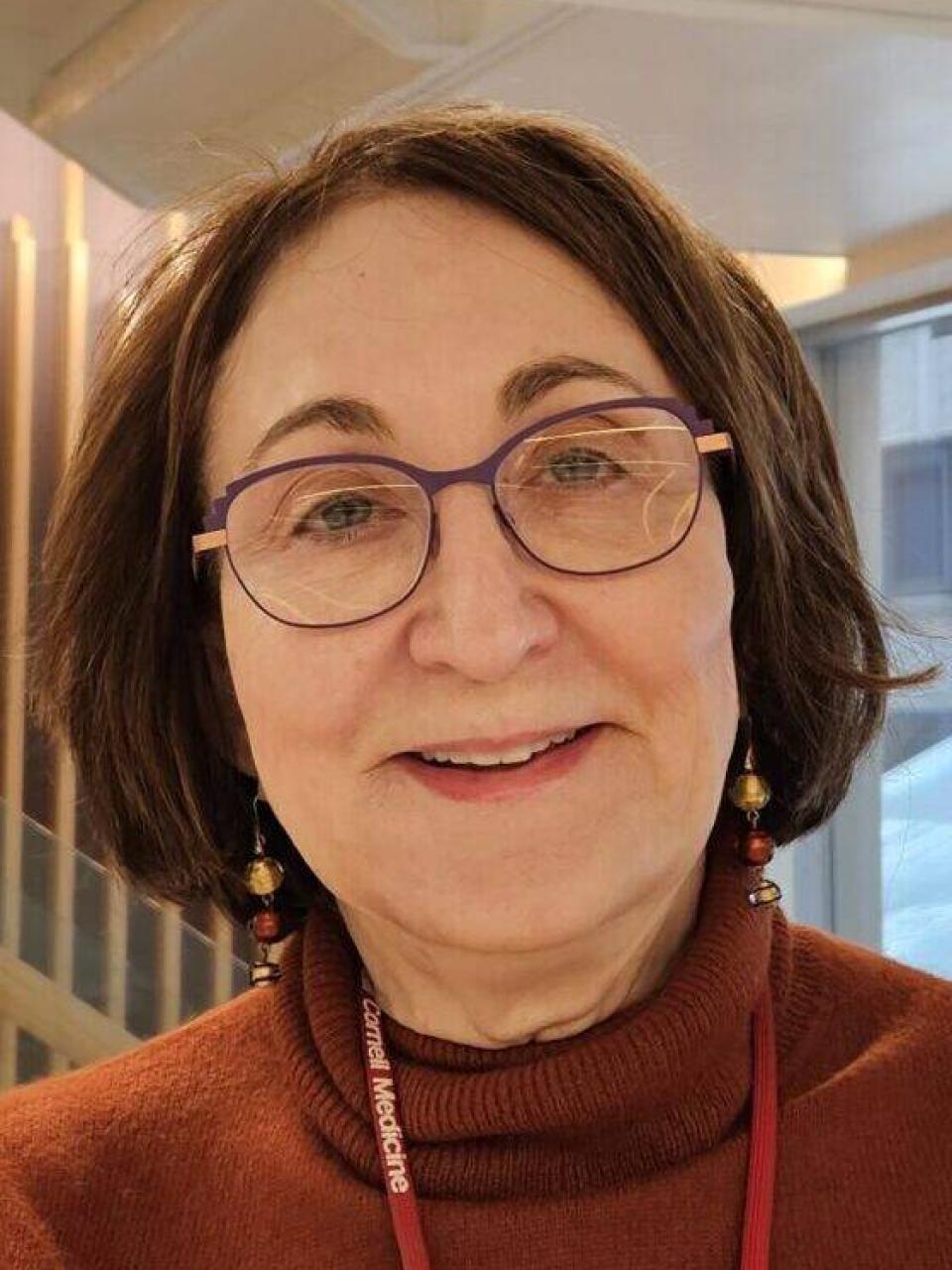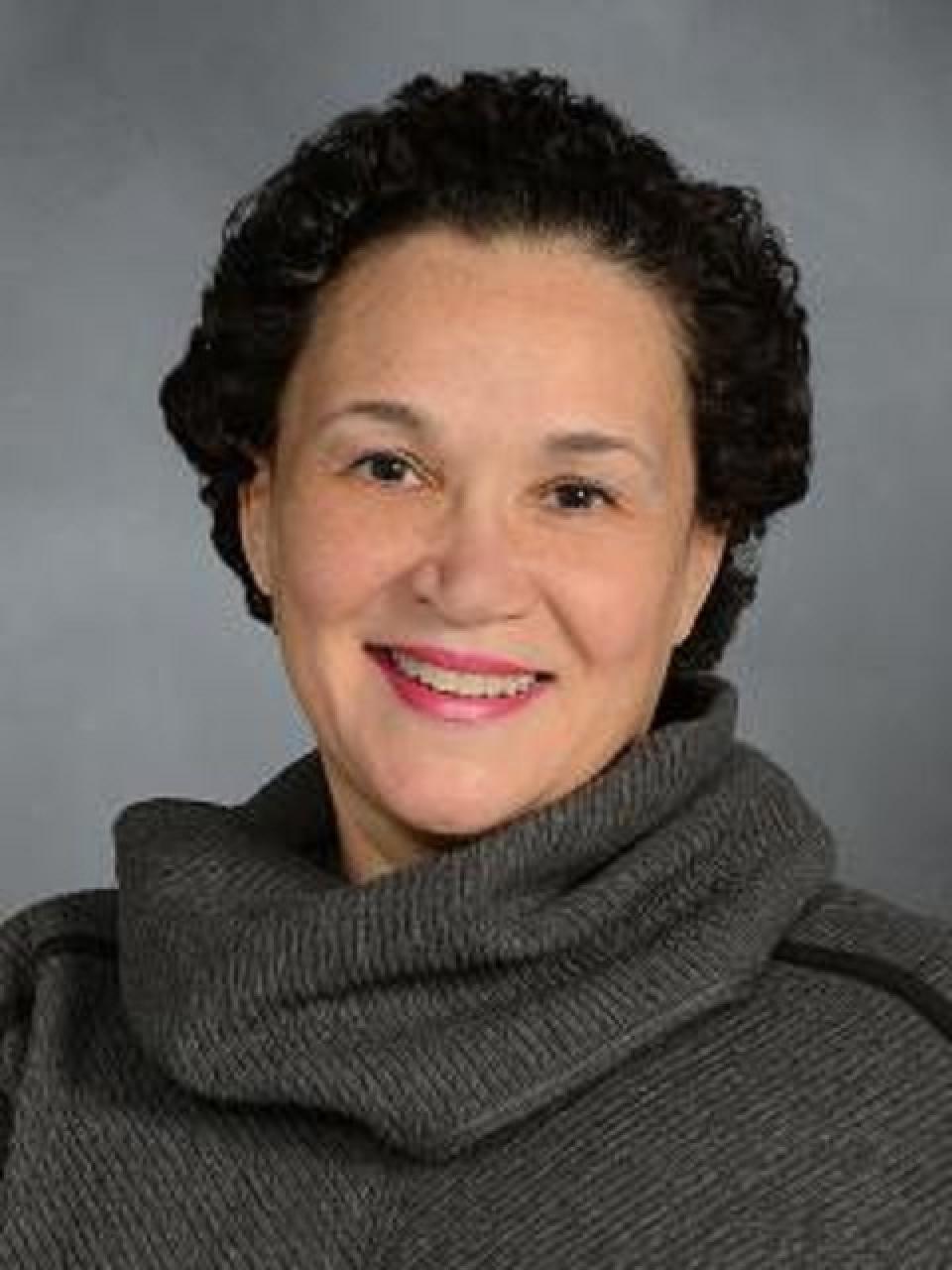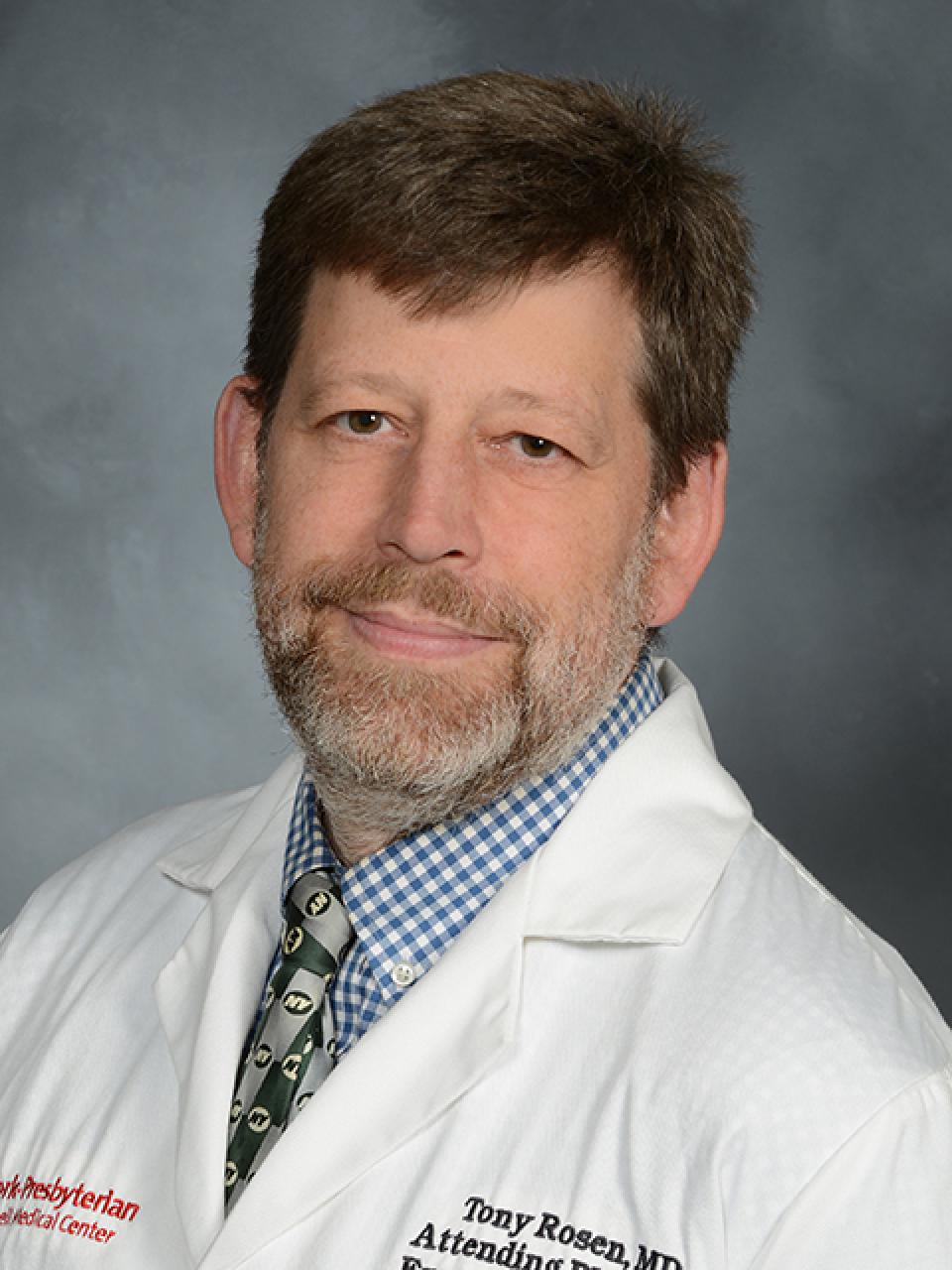Pennsylvania Enhancing Aging and Community Engagement (PEACE) is a new, exciting project under which Geriatrics and Palliative Medicine is working with local partners in Northeastern Pennsylvania (NEPA) to implement four of its evidence-based programs. This project was made possible by the generous support of a local funder, who granted $1.6 million to bring its programs to NEPA’s older adults—particularly those who are isolated and/or low-income—over a three-year period starting April 2024.
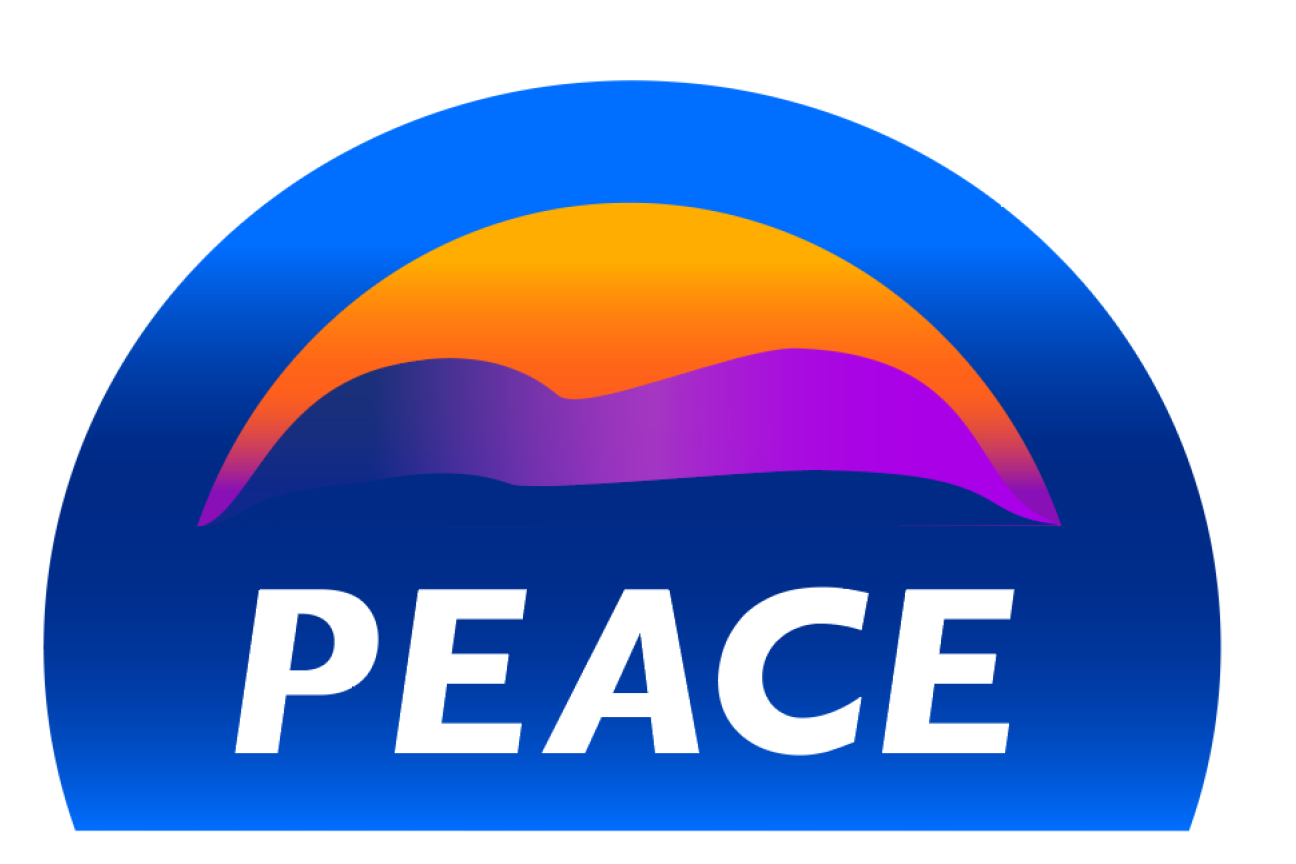
A New Initiative
Tailoring proven programs to improve health & safety for Pennsylvania’s older adults.
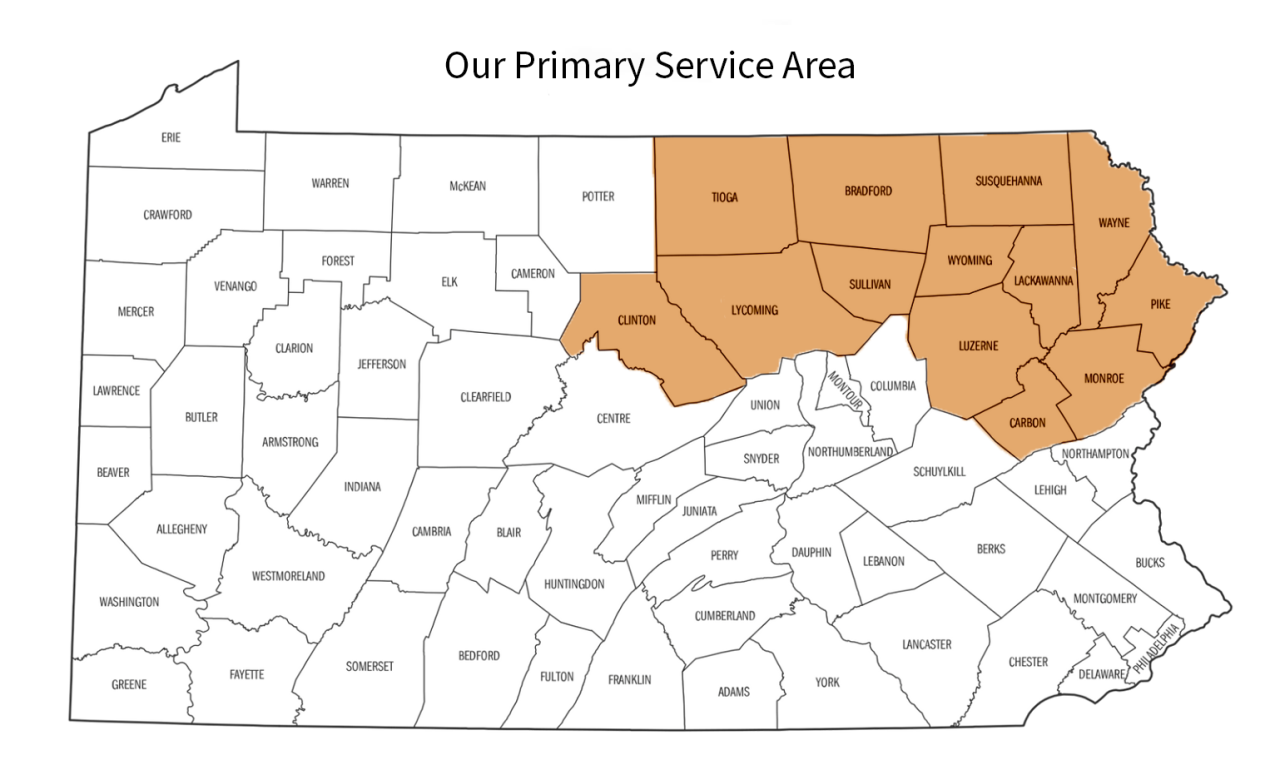
For more information on the PEACE project, click here or explore the sections below.
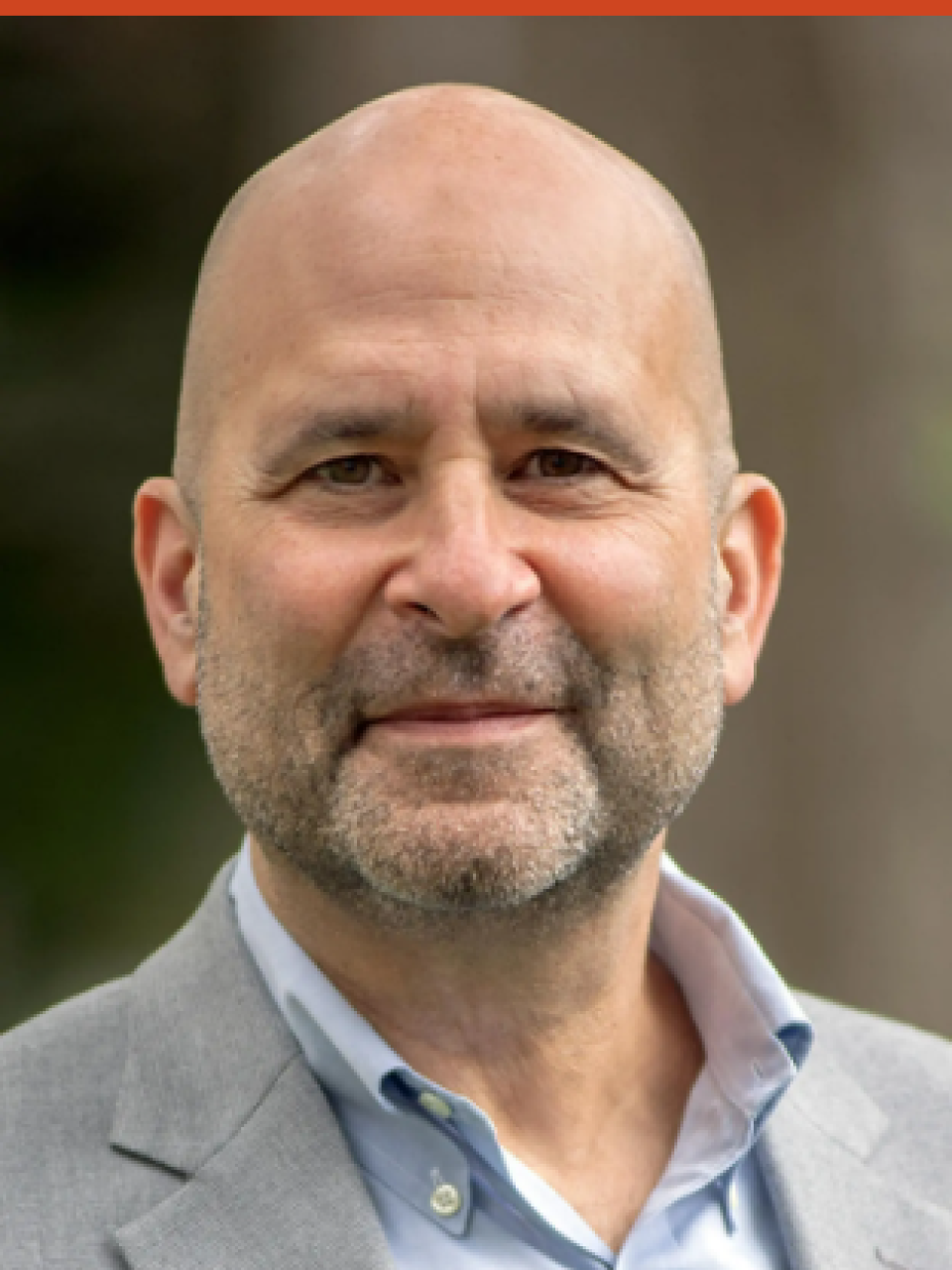
Far too many evidenced-based interventions created and tested by academics wind up in journals rather than in communities who desperately need them. This program focuses on dissemination, uniquely melding science and service to help older adults age in place with dignity and quality of life.Dr. Mark Lachs, PEACE Project Lead
The PEACE team is implementing adapted, customized versions of the below evidence-based programs for NEPA’s older adults.
These programs work to mitigate social isolation and elder abuse, boost caregiver support, and enhance Emergency Medical Services (EMS) and Adult Protective Services (APS) response to potential abuse cases.
Thanks to multiple grants from the National Institutes of Health, we know these programs work in multiple settings, but they have not been disseminated at large in rural environments. We are excited to implement these programs in NEPA for multiple reasons:
- PA has a rapidly aging population, and has the fifth-highest number of older adult residents in the country
- The Pennsylvania Department of Aging released its 10-year master plan on aging, Aging Our Way, PA, in 2024 and has hit the ground running on statewide initiatives
- Northeastern Pennsylvania already has a well-resourced aging infrastructure, including dedicated civil servants and health providers
If you would like to know more about bringing a PEACE program to your county or funding a PEACE program locally, please complete this form.
Project Management
Mark graduated from NYU School of Medicine and completed his residency at the University of Pennsylvania before joining the Division of Geriatrics and Palliative Medicine at Weill Cornell Medicine. He is the Co-Chief of Geriatrics and Palliative Medicine and the Director of Geriatrics for the New York-Presbyterian Health System. His major area of interest is the disenfranchised elderly, and he is nationally renowned for his research and expertise on aging. Mark has been a Ham Radio Operator since age 12 and is highly proficient at Morse Code.
Bess is Special Projects Administrator in the Division of Geriatrics and Palliative Medicine and is Director of the Cornell-Penn IDA program. She earned a Master's Degree in Public Health at Columbia University, with a focus on healthy aging, as well as a Master of Science degree in Philanthropy and Fundraising from New York University. She is passionate about the health of older adults, fighting elder abuse, and advancing equity in aging. Bess enjoys singing show tunes to her two small children and rooting for her hometown football team, the Kansas City Chiefs.
Yuichi is the financial manager of PEACE as well as the Center for Elder Abuse Solutions (CEASe), which was launched in 2009 to improve how professionals, organizations and systems respond to elder abuse, neglect, and financial exploitation. He is an accomplished manager with in-depth knowledge of financial modeling to develop trend analysis. He holds a Master of Business Administration degree with a concentration in marketing.
Leah provides coordination and research support for the PEACE team. She graduated in May from the Columbia University Mailman School of Public Health, where she earned a Master of Public Health in Health Policy and Management. She brings skills and knowledge in healthcare operations, strategy, and policy from her graduate program and professional experience, which includes three years as a policy and research consultant for the U.S. Centers for Medicare & Medicaid. Leah plays volleyball all around New York City (both indoor and grass) and loves to listen to music (she especially loves Queen, ABBA, and any live show).
Technology & Aging
Sara is the Director of the Center on Aging and Behavioral Research (CABR). She has extensive experience in aging research and coordination and leadership of multi-site collaborations. She is the Principal Investigator (PI) of the NIA-funded multi-site Center for Research and Education on Aging and Technology Enhancement (CREATE) and the Co-Director of ENHANCE (Enhancing Neurocognitive Health, Abilities, Networks, & Community Engagement), with a focus on how technology can support older adults living with cognitive impairment. A Buffalo, NY native, Sara is an avid fan of the Buffalo Bills and the Rolling Stones!
Wally is Associate Director of CABR. He is one of five principal investigators at CREATE. He is also Co-Director of the ENHANCE Center, with a focus on how technology can support older adults living with cognitive impairment. His research interests include how existing and emerging technologies can support the health, wellbeing, quality of life, and social connectivity of older adults with and without cognitive impairments. Wally’s interest in virtual reality grew out of his own experiences using it to stay in touch with friends during the pandemic. That personal connection helped inspire his research on how virtual reality can be used to support social connection among older adults. His favorite VR games are Beat Saber and VRChat.
Adrienne is the Assistant Director of CREATE and works with the Director and the Executive Working Group in managing all administrative aspects of the Center and in expanding the scope and breadth of CREATE nationally and internationally. Additionally, she is the Administrative Director of CABR.
Multidisciplinary Teams (MDTs)
Lisa is the Executive Director of the Center for Elder Abuse Solutions (CEASe). Lisa leads MDT expansion efforts locally and nationally. She previously served as the Director of Clinical Initiatives and Programming for the office of Domestic Violence and Emergency Intervention Services for the City of New York. She is also a teacher and mentor, having served as an Adjunct Professor at the Silverman College of Social Work at Hunter College. Lisa is an avid runner and is training for an upcoming triathlon (July 2025 in Philadelphia)!
Vulnerable Elder Protection Team (VEPT)
Tony is a practicing Emergency Physician at New York-Presbyterian Hospital and a researcher in elder abuse and geriatric injury prevention. He has led the development of an Emergency Department-based multi-disciplinary VEPT to assess, treat, and ensure the safety of elder abuse and neglect victims while collecting evidence and working closely with the authorities. His research focuses on improving the identification, intervention, and prevention of elder abuse in the ED and other health care settings. Tony has collaborated with colleagues to improve physician documentation of geriatric injuries in a project supported by funding from the U.S. Department of Justice. Tony worked in horror movies (on the business side) for several years after college and then worked in mortgage default software before going to public health and medical school.
EMS Refusal Tool
IDA for AAAs
For more information about any of the PEACE programs, or about PEACE implementation overall, please contact Bess White, PEACE Project Manager, at bew2011@med.cornell.edu. We look forward to hearing from you!
If you would like to know more about bringing a PEACE program to your county or funding a PEACE program locally, please complete this form.

